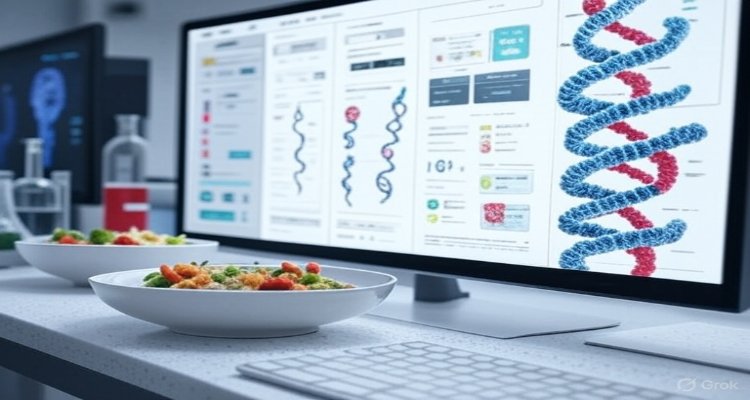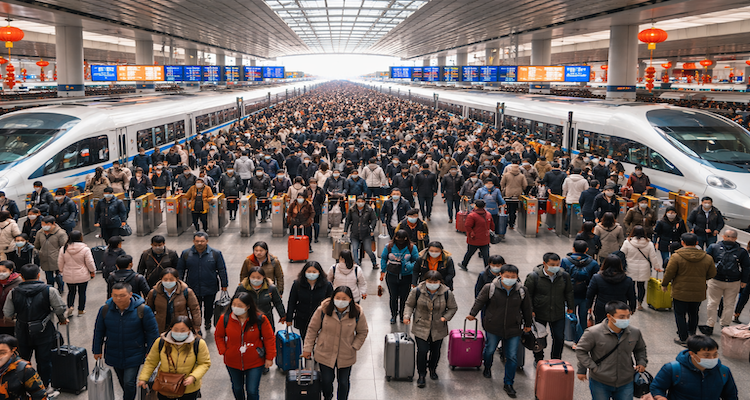The Rise of Personalized Nutrition Algorithms

Personalized nutrition algorithms are reshaping health and diet planning, offering tailored food choices powered by AI and genetics.
Introduction: A New Era of Eating
Imagine opening an app that tells you exactly what to eat for breakfast—not based on fad diets or guesswork, but on your DNA, metabolism, and lifestyle. This is no longer science fiction. Personalized nutrition algorithms, fueled by artificial intelligence (AI) and health data, are revolutionizing the way people approach food, health, and longevity.
Context & Background: From Diet Trends to Data-Driven Eating
For decades, nutrition advice has swung between extremes—low-carb versus low-fat, superfoods versus calorie counting. These “one-size-fits-all” diets often left people confused and disappointed.
But with advances in genomics, wearable health tech, and AI-driven analytics, a new paradigm is emerging. Personalized nutrition takes into account individual differences—such as gut microbiome composition, genetic markers, and daily activity levels—to craft diet plans that are scientifically tailored for each person.
Major biotech startups, fitness platforms, and even grocery retailers are investing in these algorithms, signaling a shift from generic meal plans to hyper-personalized food guidance.
Main Developments: How Algorithms Are Changing Nutrition
The core of this movement lies in machine learning algorithms that analyze complex biological and behavioral data. These systems pull information from:
- DNA testing kits that reveal predispositions to certain food sensitivities.
- Wearable devices that track blood sugar, sleep, and activity in real time.
- Gut microbiome analysis that decodes bacterial diversity and digestion efficiency.
- Lifestyle inputs such as stress levels, eating preferences, and cultural habits.
Using this data, algorithms generate personalized diet recommendations—ranging from the ideal balance of macronutrients to specific foods that optimize energy, immunity, or weight loss.
Startups like Zoe, Nutrigenomix, and Habit are pioneering these solutions, while big tech players are exploring partnerships to integrate nutrition AI into consumer health apps.
Expert Insight & Public Reaction
“Nutrition is finally catching up with precision medicine,” says Dr. Karen Mitchell, a nutrition scientist at Stanford University. “We know that the same food can trigger completely different responses in two individuals. Algorithms help us bridge that gap.”
Public interest is rising, particularly among millennials and Gen Z, who already rely on fitness apps and wearables. However, concerns about privacy and data ownership remain. Many users wonder who controls their genetic and dietary information once it’s uploaded to the cloud.
Impact & Implications: Who’s Affected and What’s Next
The rise of personalized nutrition has far-reaching consequences:
- Consumers gain access to more accurate, science-based dietary guidance.
- Healthcare providers may use nutrition algorithms to prevent chronic diseases like diabetes and obesity.
- Food industry players could see a demand shift toward personalized meal kits and functional foods.
- Policy makers may face new debates about data privacy, ethical use of genetic information, and regulation of AI-driven health tools.
Looking ahead, these algorithms may integrate with grocery shopping apps, suggesting not only what to buy but also delivering fully customized weekly meal plans. The future of food may no longer be about diets but about precision nutrition.
Conclusion: From Generic Diets to Personalized Health
Personalized nutrition algorithms represent a turning point in health and wellness. By combining data science, AI, and human biology, they move beyond broad dietary guidelines to offer precision solutions for individuals.
While challenges around accessibility and data ethics remain, the trend is clear: the future of eating is personal, predictive, and powered by algorithms.
Disclaimer : This article is for informational purposes only and does not substitute professional medical or dietary advice. Always consult a healthcare provider before making major dietary changes.










